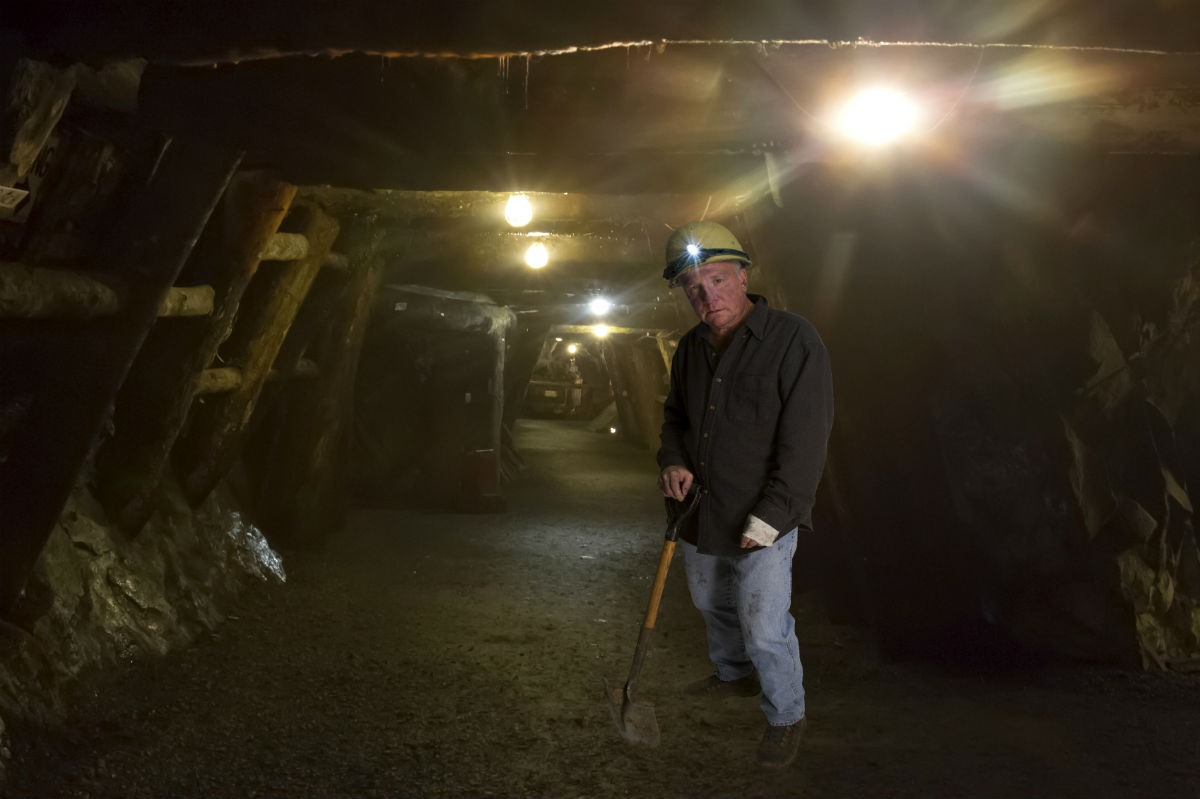If you are a worker exposed to rock dust and now experiencing lung problems, immediately seek help from a Kansas City workers’ compensation attorney.
Chemical exposure at a workplace can cause a number of occupational illnesses in workers. Some of these illnesses can be extremely serious and life-altering. One such occupational illness that is debilitating and incurable is silicosis. Silicosis is a lung disease caused by exposure to crystalline silica or rock dust. The condition is often fatal and commonly affects the lungs of tunnel workers who are involved in the digging, blasting, or grinding of underground rock. These workers have to spend a lot of time working in a cloud of crystalline silica.
Medical Complications of Silicosis
Silicosis caused by dust inhalation can cause a variety of medical complications including:
- Fibrosis causes chronic lung inflammation and scarring.
- Silica dust entering the chest lymph nodes and lungs.
- Fluid in the lungs.
- Breathlessness that resembles chronic obstructive pulmonary disease (COPD).
- Low blood oxygen levels.
- Cough with sputum resembling chronic emphysema and chronic bronchitis.
- Weight loss.
- Fever.
- Fatigue.
- Tuberculosis.
Simple Chronic Silicosis
This is the most common type of silicosis and is caused by prolonged exposure to small amounts of silica dust. It often takes about 30 years of continuous exposure for this disease to manifest. The most common symptom of this condition is difficulty breathing.
Accelerated Silicosis
This type of silicosis is caused by exposure to considerably higher amounts of silica dust for a period of 5-15 years. Symptoms present quickly and are severe compared to those of simple chronic silicosis.
Acute Silicosis
Exposure to high amounts of silica dust even for a short period can cause acute silicosis. The main symptom is fluid and swelling in the lungs, which leads to low blood oxygen levels and difficulty breathing. The symptoms manifest quickly and are severe. There is no definite single treatment for silicosis and serious cases may require a lung transplant to survive.
Silicosis can affect a wide variety of workers exposed to silica dust, including those involved in rock quarrying, tunneling, stone crushing, grinding, chipping, mining, sandblasting, foundry work, cutting, manufacturing of heat resistant fire bricks, and shaking out molds. Unfortunately, dust masks are not very effective in preventing silicosis.
Receiving Workers’ Compensation Benefits
If a worker has been diagnosed with silicosis, then he or she may qualify to receive workers’ compensation benefits to cover the medical expenses and wage loss. However, the claim process often becomes complicated, as the insurance company may try to limit or deny the benefits, stating that a tunnel worker’s lung condition is a result of smoking or exposure to some other environmental factor outside of the workplace. It is extremely important to have an experienced Kansas City workers’ compensation lawyer by your side. If you are a worker exposed to rock dust and now experiencing lung problems, immediately seek guidance from The Law Office of James M. Hoffmann at (816) 399-3706.

